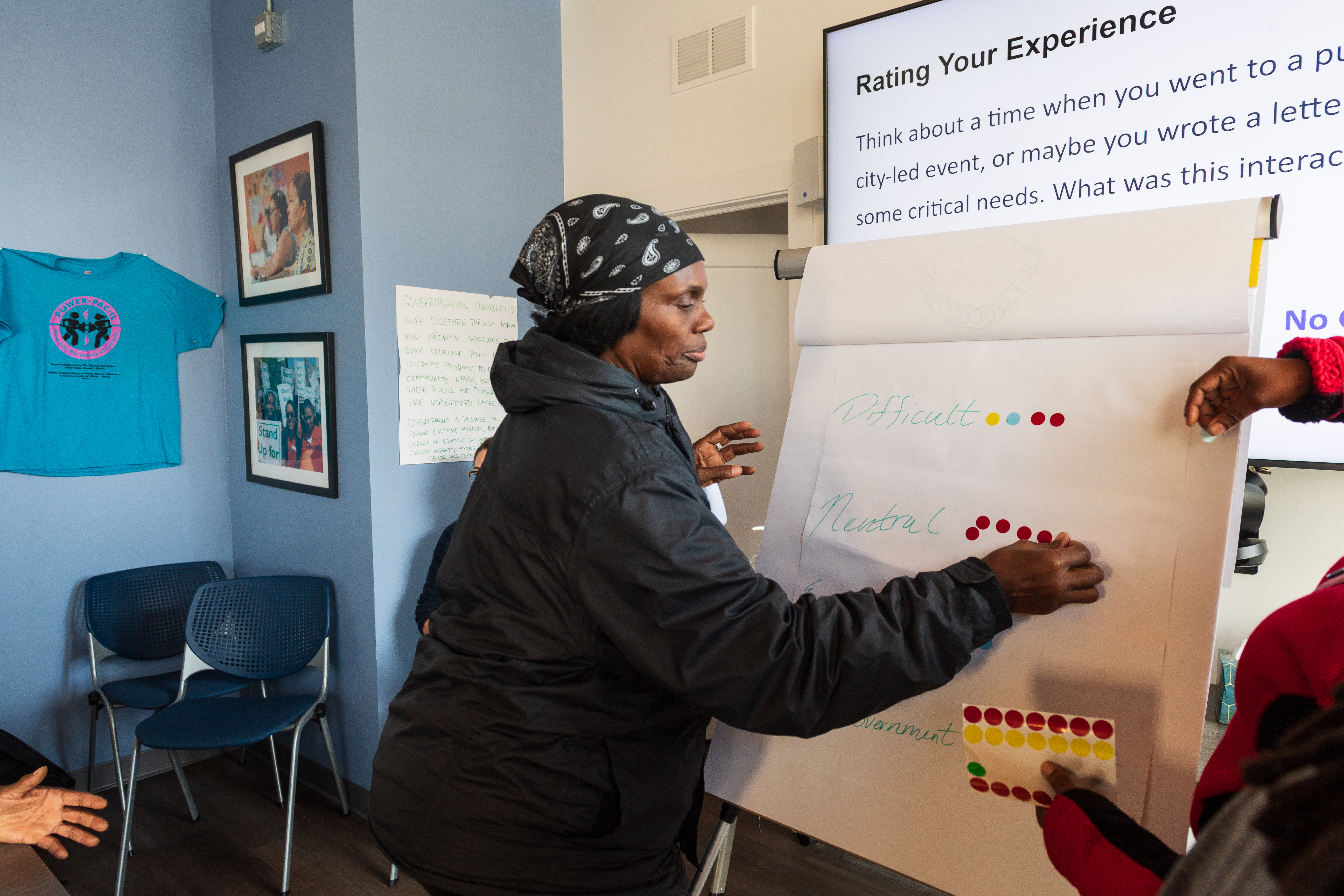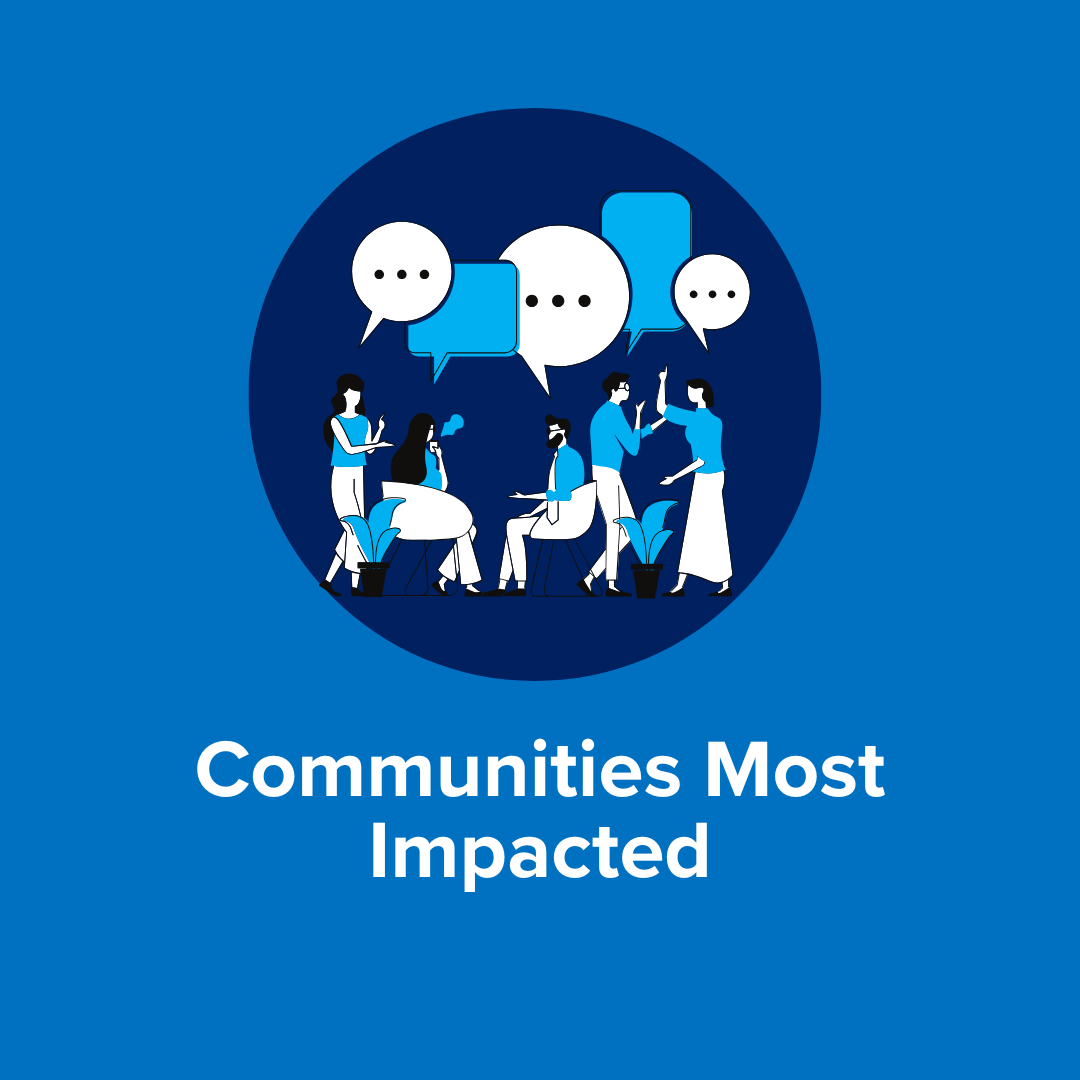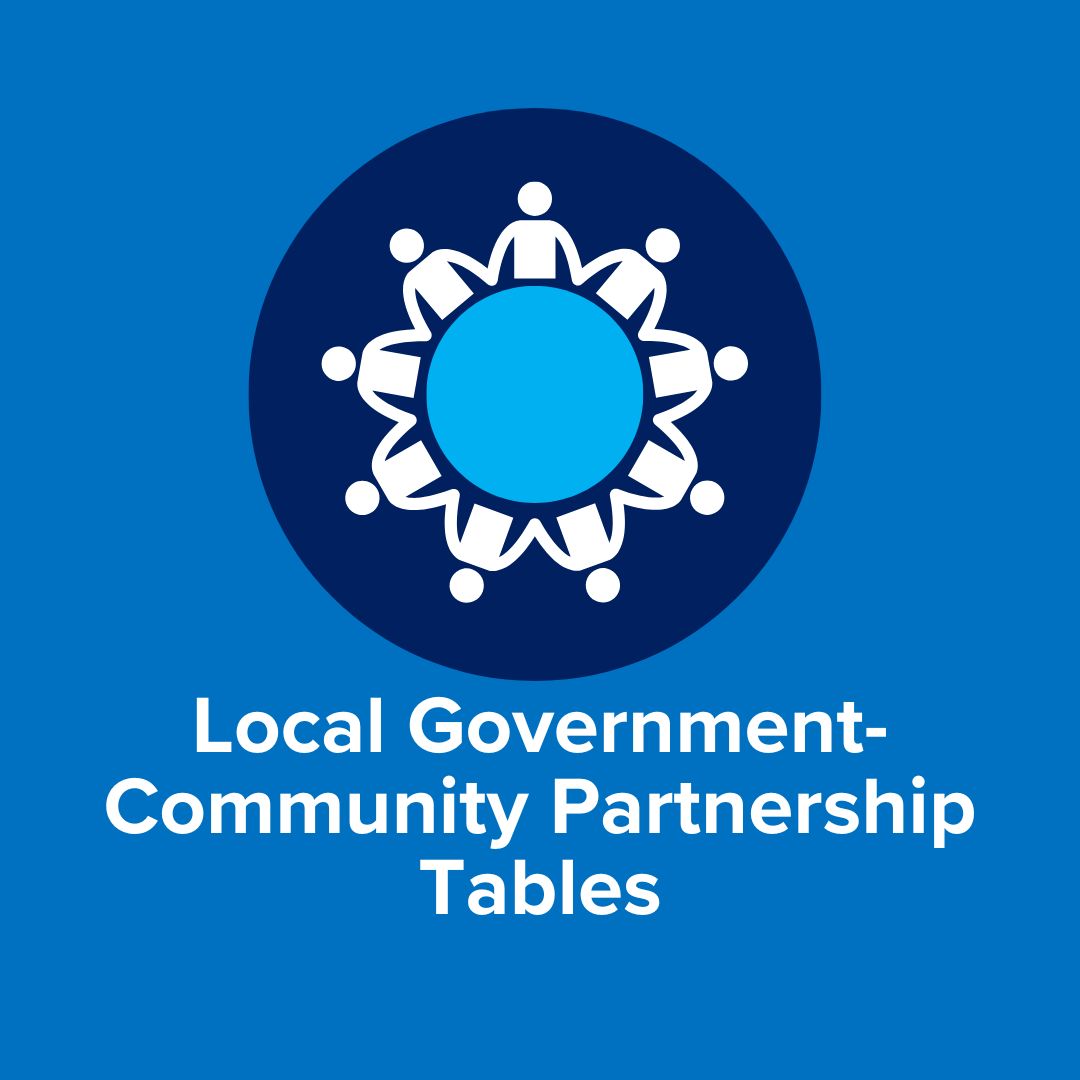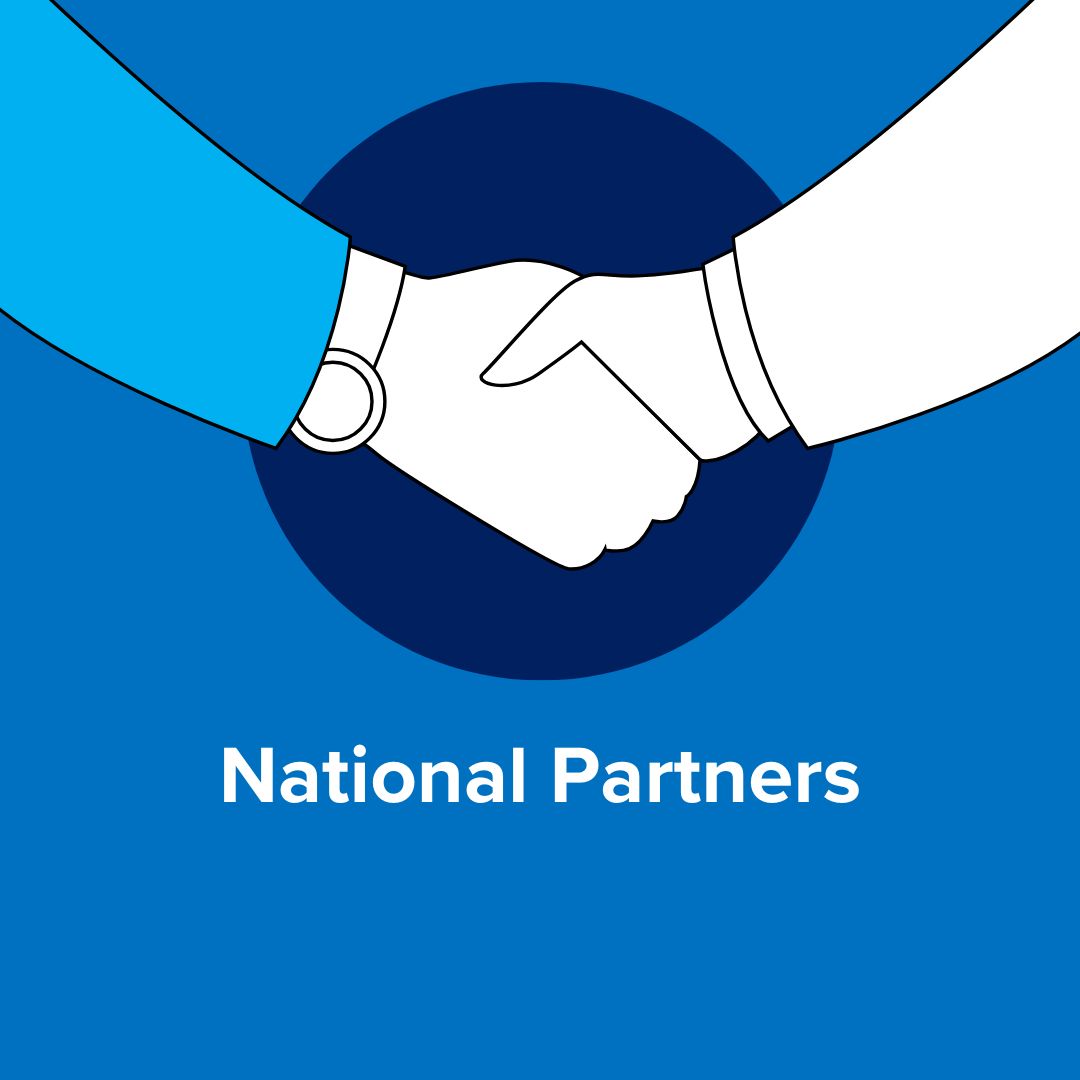About
The Office of Equity & Racial Justice and Chicago United for Equity seek to establish and promote innovative engagement models designed to reduce harm, address systemic inequities, and co-create solutions in collaboration with those most impacted by the issue. One way we hope to achieve this is to develop Chicago’s first Co-Governance Framework – a tool we hope will foster shared decision-making and collaborative governance between government and community.
-
Near-term
- Adopt a definition and framework of co-governance
- Build an enabling environment for co-governance models
- Model co-governance initiatives to address systemic inequities
-
Long-term
- Increase civic participation & engagement
- Repair civic trauma & build civic trust
- Encourage community power
- Foster authentic accountability
- Address systemic inequities

"I want to be at the meetings where they’re making decisions, not before or after. In the room, at the table." - Chicago resident
The Office of Equity & Racial Justice (OERJ) and Chicago United for Equity (CUE), in partnership with Chicago’s Co-governance Steering Committee, plans to develop Chicago's first Co-governance framework, which includes a shared definition, values, and principles. We will also identify opportunities to model co-governance in key policies, programs, and initiatives that address systemic inequities.
Building a collaborative governance structure cannot be done in isolation. To inform Chicago’s shared definition, we must center those most impacted by systemic issues, which is why the Steering Committee, in partnership with OERJ and CUE, plan to define co-governance with key local and national stakeholders.
-
Phase 1: Design Community Conversation Process
-
Phase 2: Convene key stakeholders
-
Phase 3: Draft Co-governance Framework
-
Phase 4: Open Public Comment
-
Phase 5: Share Framework

Communities Most Impacted
Our Goals:
-
Learn community’s vision for co-governance. Engage communities who bear the brunt of inequities and who have not been at the decision-making table historically.
-
Support healing. Create a space for community to reflect on their interactions and relationship with government.
-
Empower community to design shared decision-making tables that work for their communities. Encourage community to inform Chicago’s definition for co-governance. Identify pathways to build trusting, transparent relationships that center community needs; leverage communities’ expertise and assets; and facilitate co-creation of strategies to address systemic inequities.
READ MEETING SUMMARIES HERE
VIEW THE CO-GOVERNANCE COMMUNITY CONVERSATIONS DASHBOARD HERE

Local Government-Community Tables
Our Goals:
-
Learn from the existing government-community partnership tables. Incorporate government and their community stakeholders’ vision for collaborative governance.
-
Mitigate harm. Gain a better understanding of the strengths and challenges of current practices. Discuss enabling environments that make collaborative governance thrive.

National Partners
Our Goals:
-
Learn from other cities that are defining co-governance .
-
Build Chicago’s capacity. Identify tools that help assess readiness for co-governance and enabling environments that support co-governance
